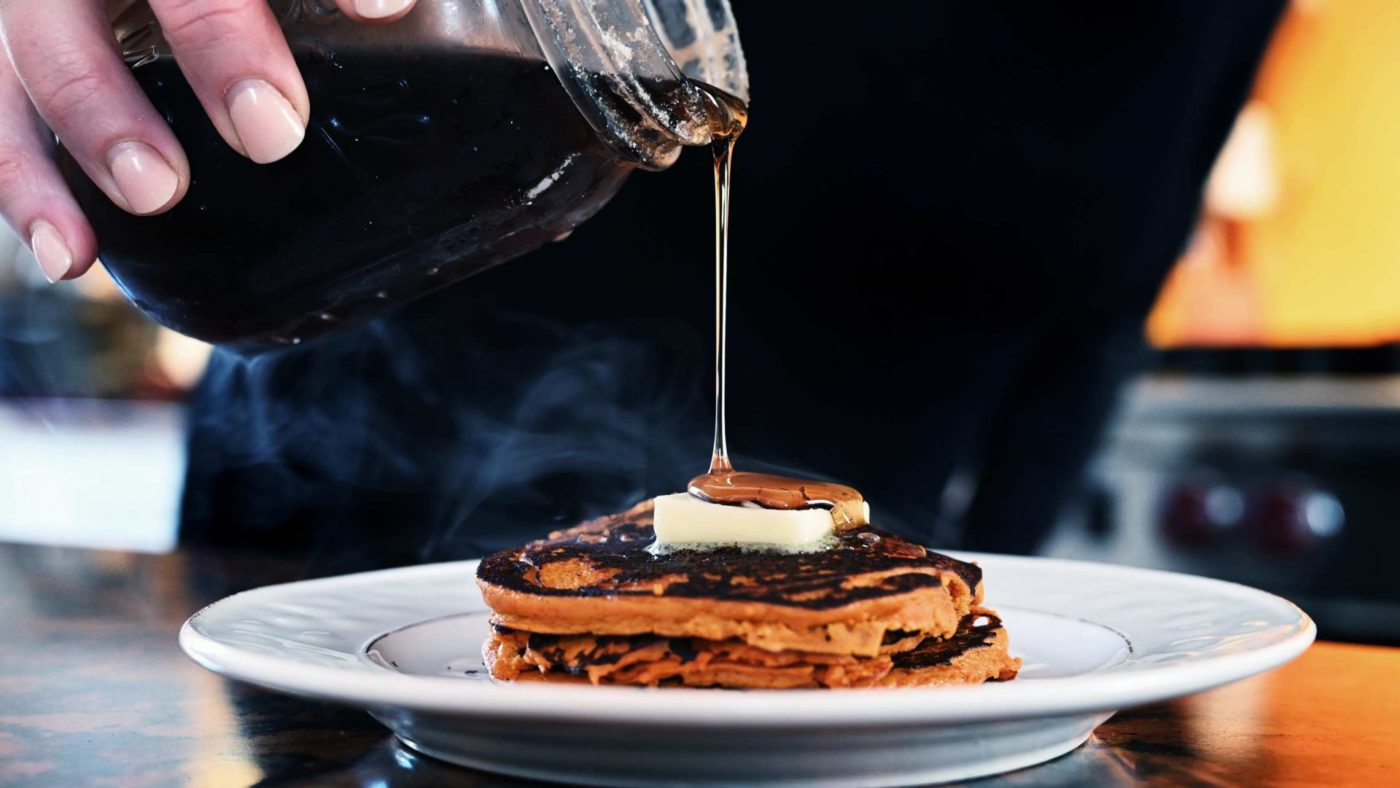Driven to Netflix by mandatory quarantine, I recently discovered Dirty Money, an entire documentary TV series devoted to short, deep dives into “stories of corporate corruption, securities fraud and creative accounting”.
Most episodes are on topics you’ll probably be acquainted with, from Donald Trump’s dealings to the Volkswagen emissions scandal. But one fascinating episode exposes a little-known crony enterprise focused on strict producer monopoly, price fixing and controlled supply, and litigious targeting of competitors. But this wasn’t about OPEC, the pharmaceutical industry, or even tech companies – no, this was the story of the nefarious dealings that underpin Canada’s maple syrup industry.
‘The Maple Syrup Heist’ is the tale of one of the largest thefts in Canadian history, when 3,000 tons of syrup worth $18.7m Canadian dollars were stolen from a facility operated by the Federation of Quebec Maple Syrup Producers. The theft was elaborate and fascinating in its own right, but even more intriguing is the role of the Federation in rigging an entire indsutry.
The Federation of Quebec Maple Syrup Producers is a government sanctioned private organisation that regulates the production and marketing of maple syrup in and from Quebec. While this might seem like a standard oversight body responsible for quality control and positive public messaging, it is so much more.
The FPAQ (Fédération des Producteurs Acéricoles du Québec) accounts for 94% of Canadian maple syrup and 77% of the world’s supply. In addition, they also engage in classic control of supply and demand — forcing producers to sell excess stock to FPAQ during surplus years and only releasing from their strategic reserve in less productive years. This has ensured that they can artificially restrict supply and inflate the price of syrup. And this is big business – In 2019, the price of maple syrup was about $1,900 CAD per barrel, almost 20 times the price of US crude oil. There’s a good reason the FPAQ been dubbed the ‘OPEC of Canada’.
Supporters of FPAQ make the usual protectionist arguments, claiming that the Federation and the strategic reserve allow producers to make a decent living where previously they had been at the mercy of the changing weather. Unfortunately, much like the syrup itself, much of what the Federation gets up to is decidedly unsavoury.
All Quebecois maple syrup producers are obliged to sell their stock directly to FPAQ, except for a small amount they can sell directly from their farms (sugar shacks). If they choose to sell directly to supermarkets, the FPAQ takes a 12% commission off the top. Because the FPAQ pays the producers in instalments, some are left waiting years for full payment. As with any good that faces these kind of artificial restrictions, there is now a growing black market of underground syrup suppliers.
The Dirty Money episode details the plight of independent producers who refuse to kneel to the FPAQ. Among them is Angèle Grenier. After decades of running a sugar shack, Grenier became fed up with FPAQ’s conditions and sold her stock directly to a distributor in New Brunswick. This black market transaction attracted the attention of the police and the FPAQ and as retaliation they seized all of her stock and slapped her with a ruinous $500,000 fine. Grenier appealed and managed to bring her case up to the Canadian Supreme Court, but they refused to hear it. Grenier may finally be forced to close up shop.
This is one small example of a cartel obtaining power through price and supply fixing and using their influence, as well as the state’s monopoly on justice, to punish and eliminate any competition. The consumer has been hurt as well with prices gradually ticking upwards year after year, well ahead of inflation.
While it may sound fanciful to compare syrup to oil, both commodities have caretakers who have taken advantage of its national importance to make themselves gatekeepers. The Canadian government deliberately grants FPAQ the power to enforce their control over the industry, effectively giving them a carte blanche to create a cartel.
It’s another reminder that while anti-capitalists often see ‘big business’ as the root of all evil, the real threat to consumers’ wellbeing is the unholy alliance of crony capitalists and pliant government happy to let them fix the rules of the game in their favour.
Click here to subscribe to our daily briefing – the best pieces from CapX and across the web.
CapX depends on the generosity of its readers. If you value what we do, please consider making a donation.


